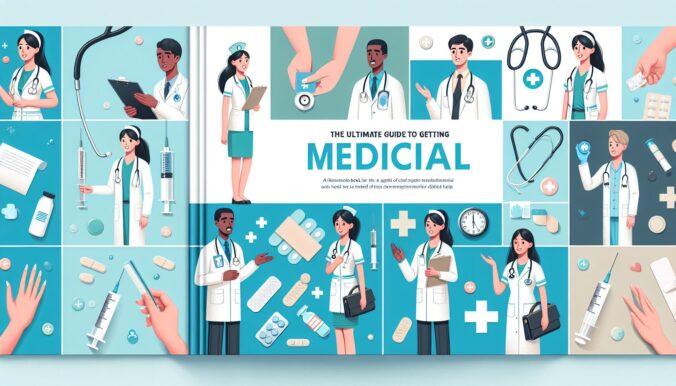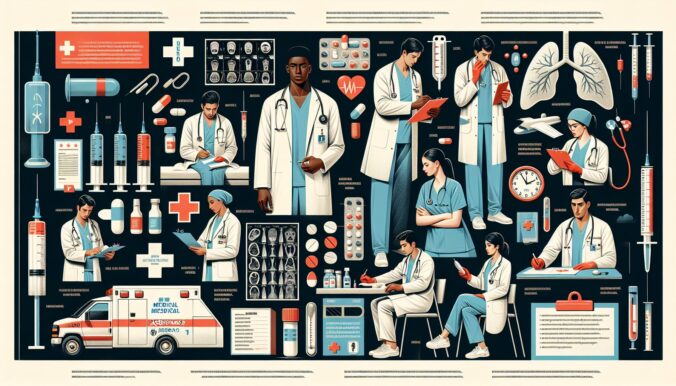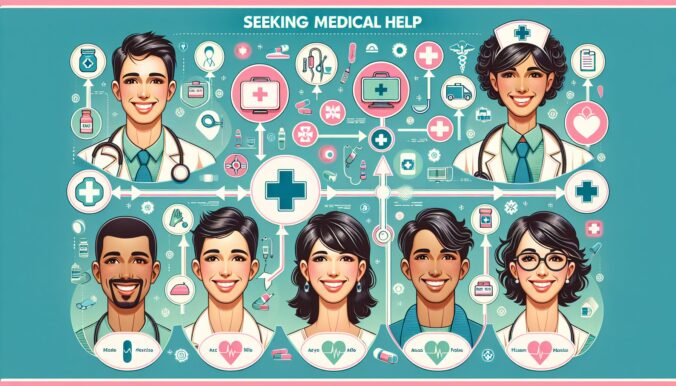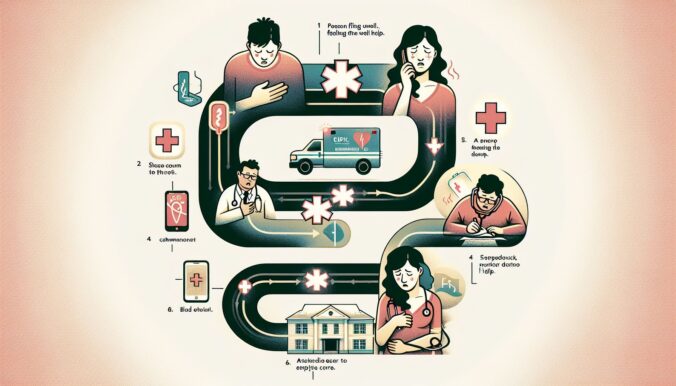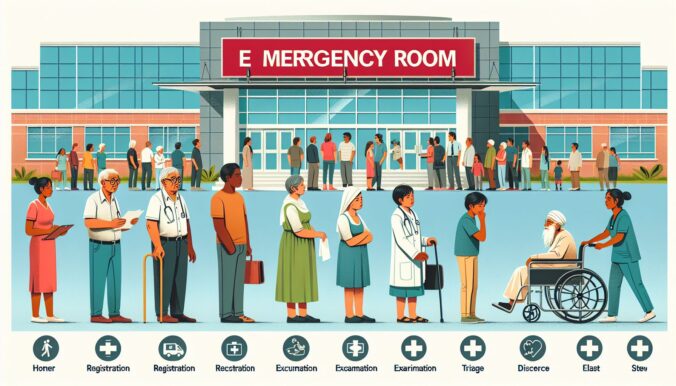When it comes to our health, it’s important to know where to turn for medical help when we need it. Whether you’re dealing with a minor ailment or a more serious condition, having a plan in place for seeking medical assistance can make all the difference in getting the care you need in a timely manner. In this guide, we’ll walk you through the various options available to you and provide tips on how to navigate the healthcare system effectively.
Urgent Care vs. Emergency Room
One of the first decisions you may need to make when seeking medical help is whether to go to an urgent care center or an emergency room. Urgent care centers are a good option for non-life-threatening conditions that require prompt attention, such as minor injuries, fevers, or infections. They often have shorter wait times and are less expensive than emergency rooms. On the other hand, emergency rooms are equipped to handle more serious and life-threatening conditions, such as chest pain, severe injuries, or difficulty breathing. If you’re unsure where to go, it’s always best to err on the side of caution and head to the emergency room.
Primary Care Physician
Having a primary care physician is essential for maintaining your overall health and wellness. Your primary care physician can provide preventive care, manage chronic conditions, and refer you to specialists when needed. It’s important to establish a relationship with a primary care physician who knows your medical history and can provide continuity of care. If you don’t already have a primary care physician, ask for recommendations from friends or family, or use online resources to find a provider in your area.
Telemedicine
Telemedicine has become an increasingly popular option for seeking medical help, especially during the COVID-19 pandemic. With telemedicine, you can consult with a healthcare provider remotely via phone or video chat. This can be a convenient option for minor illnesses or follow-up appointments, as it eliminates the need to travel to a doctor’s office. Many insurance plans now cover telemedicine visits, so be sure to check with your provider to see if this option is available to you.
Conclusion
Seeking medical help doesn’t have to be overwhelming. By knowing your options and having a plan in place, you can get the care you need when you need it. Remember to trust your instincts and seek help immediately if you’re experiencing a medical emergency. By being proactive about your health and seeking medical attention when necessary, you can maintain a healthy and happy life.
